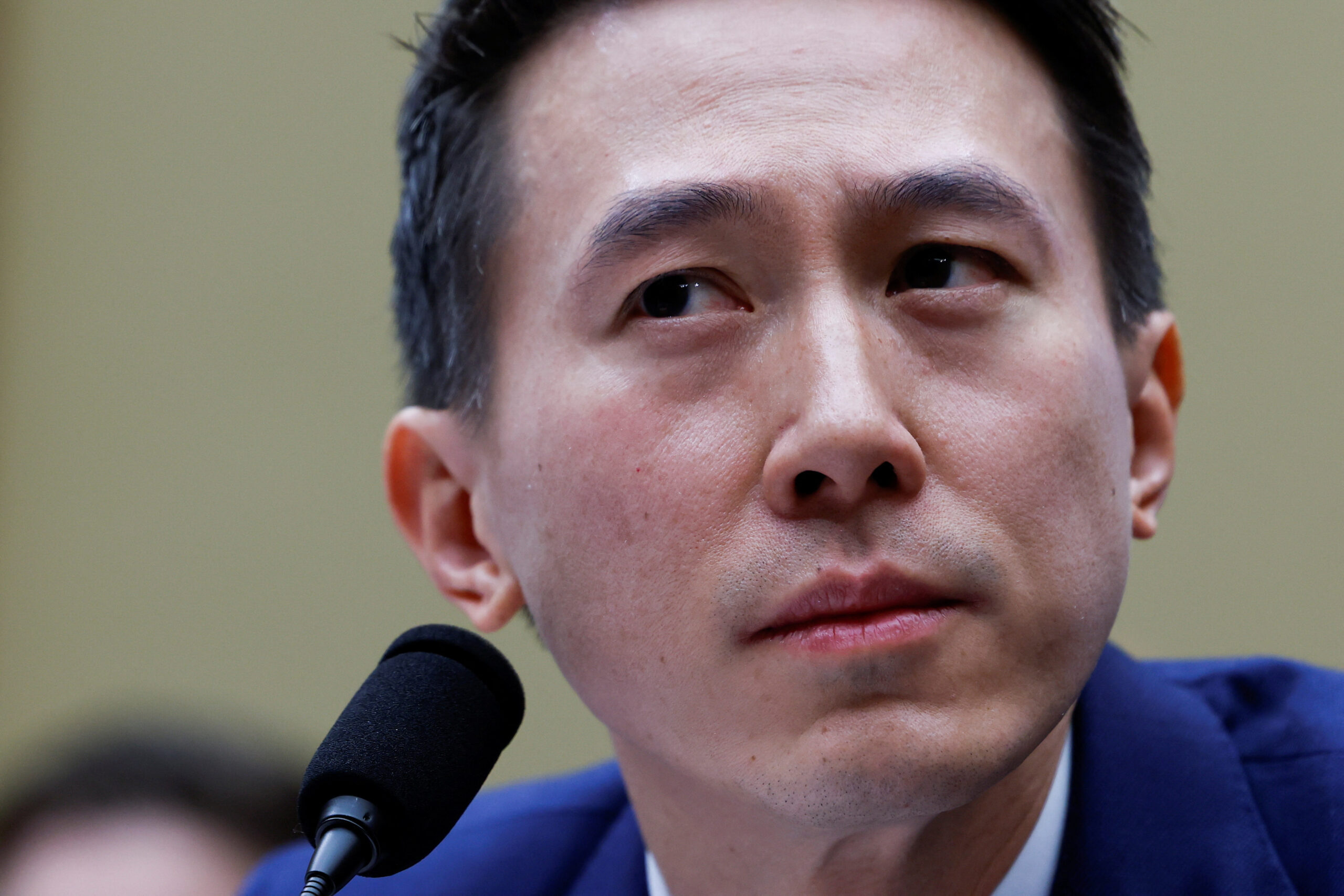Melina Korfonta ’25
News Editor
Washington, D.C. –– TikTok CEO, Shou Chew, made his first appearance in front of Congress on Thursday to defend his company from forced sale or ban in the US. Chew was met with harsh criticism from lawmakers over concerns with the app’s data collection system and relations with the Chinese government. TikTok, similar to its predecessor Musical.ly, is a social media platform for short-form video content owned by the Chinese company ByteDance. This ownership has caused politicians to sound alarms to the over 150 million American users. Although TikTok is one of the most popular apps in America currently, Washington has seemingly already come to its own conclusions about the future of this technology and the impact it has had within the country.
For over five hours, Chew attempted to convince lawmakers that TikTok was not an extension of the Chinese government and, instead, has various ties within the US. Representatives, however, chose to avoid Chew’s statements by utilizing this time to interrogate the CEO. Continuously being pushed by lawmakers on the topic of US user data and how it is being stored and protected, Chew ensured Congress that he has “seen no evidence that the Chinese government has access to that data…” Chew also emphasized TikTok’s continuous commitment to mobilize their data into the continental United States to be managed by American personnel by an American company. Chew claims that TikTok’s data collection process is no different from other US tech companies. He emphasized that TikTok does not currently collect precise GPS data for US users; Chew claims, “We are committed to be very transparent with our users about what we collect.”
Congress additionally addressed TikTok’s impact on children. Various Representatives, notably New Jersey Democratic Rep. Frank Pallone, addressed the TikTok algorithms (in this case, videos suggested to the user based on past interaction), suggesting that data offered a concerning theme of videos. According to Rep. Pallone, these videos within teens’ algorithms “create and exacerbate feelings of emotional distress, including videos promoting suicide, self-harm and eating disorders.” These algorithms also suggested “challenge” videos where an individual is encouraged to post their own TikTok video of them performing the challenge. Many of these current and past challenges have resulted in an individual’s harm and death. Most notably, the “blackout challenge,” highlighted by Ohio Republican Rep. Bob Latta, resulted in the death of a 10-year-old girl from Pennsylvania. Other challenges include the “Borg Challenge” and the “Beezin’ Challenge,” popular among college students. These examples prompted Congress to address content moderation on the platform, especially for younger users. With concerns about the lack of moderation, Chew ensured Representatives that TikTok has started to “provide additional safeguards for younger users, including setting a new 60-minute default for daily time limit for those under the age of 18.”
This hearing, originally scheduled in January, was not the first time TikTok has been brought up as a national security concern. This debate started as early as 2020 when the Trump administration similarly attempted to ban and force the sale of TikTok.
Since then, bipartisan concerns have been raised that Beijing-based ByteDance could be offering or allowing the Chinese Communist Party access to TikTok’s US user data on the basis of its National Intelligence Law. Some lawmakers also believe that the Chinese government may be pressuring TikTok to customize content for American users in order to spread propaganda or other interests of the Chinese Communist Party.
Chew continuously emphasized TikTok’s pledge to the US data-management initiative, Project Texas, as a possible solution to ensuring the security of Americans’ personal data. The CEO, however, failed to indicate the current progress TikTok was making in its integration of Project Texas or the extent to which US data was protected within its claimed US Data Security division.






+ There are no comments
Add yours